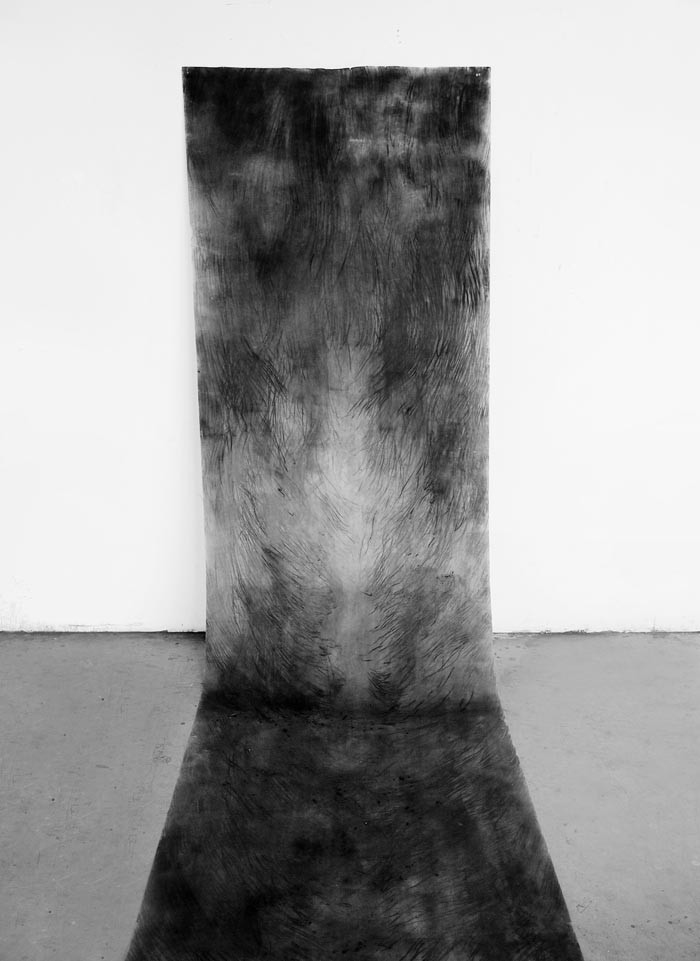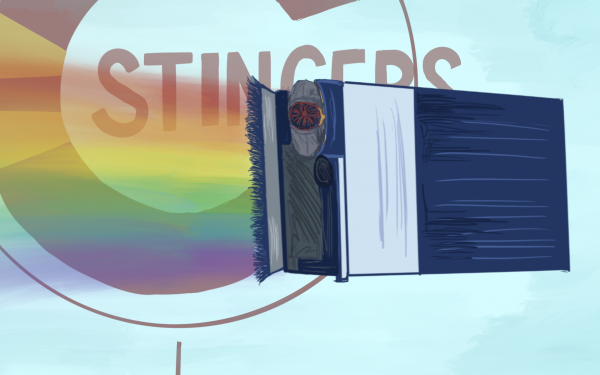No Queer Girls Are Queerer Than Others
Resisting Femme Invisibility
Most people don’t think femme when they hear the word dyke. Femininity is often read as an indicator of a woman’s presumed heterosexuality—and most people don’t know just how queer femininity can be.
But there are many ways of being femme.
Femme is a term used by many feminine-identified queer people—including lesbian, gay, bisexual, trans, genderqueer, and other queer folks of any gender—though not all feminine-presenting queer people self-identify as femme.
Femmes come from diverse and equally valuable backgrounds, and we all experience gender and sexuality in different ways—and each of us has our own definition of what it means to be a femme. Even as I use the word “we,” I recognize that I cannot speak for all femmes.
We are all faced with different experiences of marginalization and have our own strategies of resistance. Because I am a feminine woman, most people, queer or straight, can’t tell that I’m a lesbian at first glance. Simply by being a femme dyke, I challenge the belief that all feminine women are heterosexual and that all dykes are unfeminine.
Am I Queer Enough for You Yet?
Femmes are fierce. We’re loud. We have to be. We use our voices to make ourselves visible.
What cannot be silenced is the fact that femme women have a visible history in the butch/femme lesbian bar culture of the 1940s and ‘50s—a time when these identities were highly valued in the lesbian community.
This changed in the 1960s and ‘70s when butch and femme lesbians were stigmatized by predominantly white, middle-class lesbian feminists who thought that these identities were heteronormative and oppressive.
Even as the androgynous lesbian style of the 1970s—albeit revised somewhat—remains a dominant signifier of queer women’s identities today, butches and femmes from the 1980s onwards have resisted erasure by re-articulating and redefining our identities on our own terms.
Femmes have also theorized our own feminist understandings of femininity. We know that the construct of “femininity” is often exclusionary because it has been defined according to certain standards of white, heterosexual, middle-class, able, and cisgendered (non-trans) female bodies of a certain size and shape.
For some queer people who don’t fit into these categories, identifying as femme allows us to access, reclaim, and redefine femininity on our own terms—in ways that are incredibly empowering.
Facets of Femme
Leah Lakshmi Piepzna-Samarasinha, a self-identified queer, disabled, femme of colour writer, performer and cultural activist, makes clear that it is the inclusiveness of femme that makes it empowering for queer people to identify with. Self-identifying as femme allows many queer people to take on femininity—to feel beautiful—in ways not granted to us by dominant culture.
Erika, a self-identified queer/bisexual, black/mixed femme woman, has a political take on femme identity that is grounded in her personal experience. For her, femme is “an intentional taking up of the seedy underbelly of femininity.”
“It’s an over-the-top, rule-breaking, twisted femininity that pushes back against both the worship and subsequent attempts at naturalization of masculinity and androgyny and the valorizing of one very specific and narrow brand of white-hetero-cisgender-femininity,” she said.
“Femme means my feminism and my femininity walk hand in hand,” said Bevin Branlandingham, a self-identified queer, fat, femme writer and performer.
“Femme means I look how I want to look and not how someone tells me I should look to be perceived as queer,” she added, “and not how someone tells me I should look because I am a woman.”
For me, a self-identified femme lesbian who is also multiracial, identifying as femme has allowed me to take back ownership of my femininity—to embody a femininity that is empowering to me.
Being femme makes me feel beautiful.
What We’re Up Against
Nevertheless, as femme women, we are often invisible to other queer people.
Our femininities are often marginalized and delegitimized. We are often seen as heteronormative, apolitical, less radical, and less queer in a community where being visible and valued depends on being masculine or androgynous.
This femmephobia in queer communities—this devaluation and stigmatization of queer femininity—is a form of misogyny that is rooted in dominant patriarchal culture. It’s a form of sexism that intersects with cissexist, heterosexist, racist, classist, ableist, and sizeist views of femininity, women, and what it means to be queer.
The accusation that femme women “pass as straight” undermines our own self-definitions of our femme identities, our empowered embracing of our femininities, and our blatant disruption of the normative constructs of what it means to be feminine and a woman.
The experiences of femmes are complex, as we each have our own multiple identities.
This is well understood by Erika.
“In my experience, queer people in anglo Montreal value white, androgynous bodies. As such, many of my experiences in the queer community are of being tokenized, fetishized, or ignored,” she said.
“As a femme who’s also a cis-woman, though, I am more readily read and accepted as femme in the queer community than other femmes who aren’t [cisgendered].”It is evident that there is still a need for feminist engagement and social justice work in queer communities and in society at large in order to address the multiple oppressions experienced by queer femme women and other marginalized groups.
Coming Together
It is the feeling of invisibility and marginalization from queer communities that brings many femmes to resist and to make ourselves
visible.
The desire to connect with other femmes and to have conversations about our experiences is a driving force in organizing femme-centred community events.
Creating a space where femme/inine-identified queer people of all genders can come together to share insights, resources, and experiences is important in building solidarity among femmes. With a strong femme community we can mark our presence as an integral part of the Montreal queer community.
For me, finding a community of feminine-identified queer people has made me feel, well, visible.
Young is involved in organizing femme events in Montreal. To receive information about upcoming events, contact montrealqueerfemmes@gmail.com or join the Fems Montreal Femmes Facebook group.


_600_832_s.png)

2_600_375_90_s_c1.jpg)

